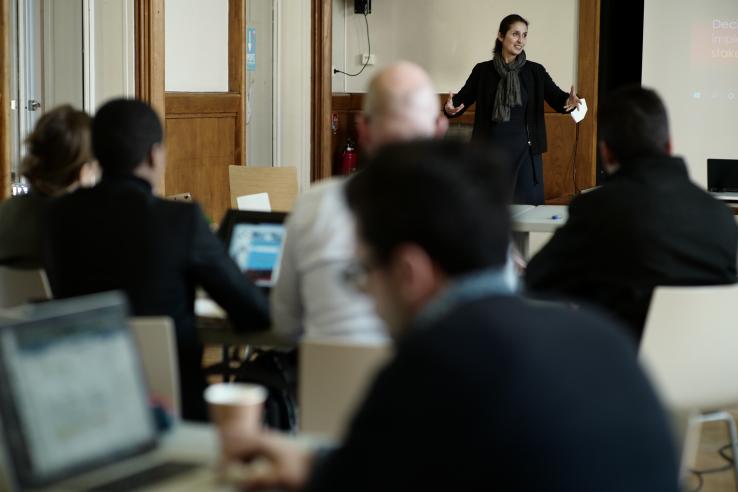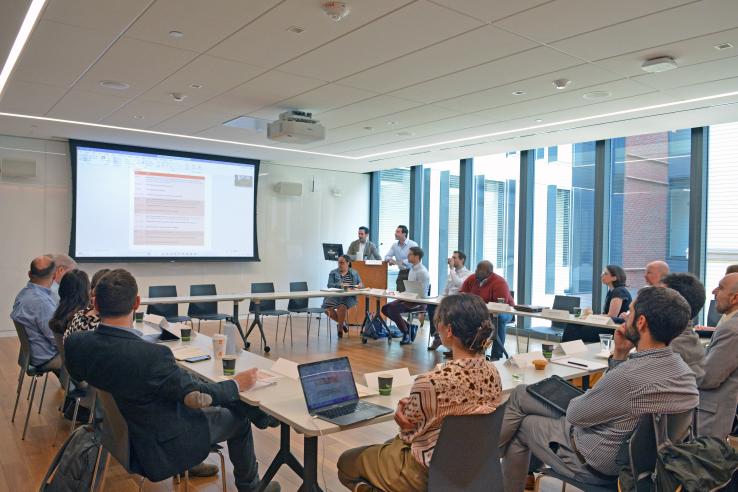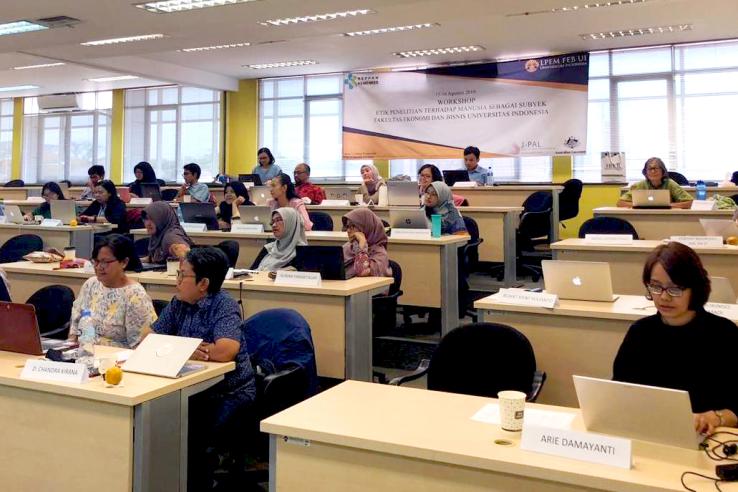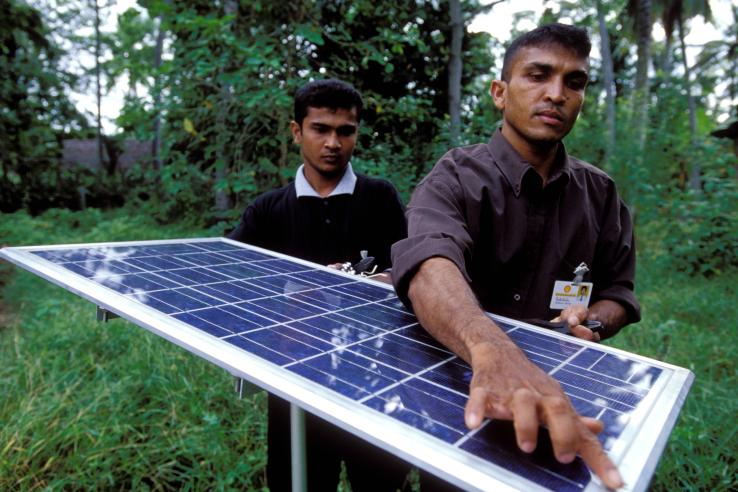Displaying 3181 - 3195 of 8491
Blog
Since the inaugural 2020 cohort, 66 graduates of the DEDP program have earned their master’s degrees, and the current cohort will graduate in September 2023 to join the alumni community. We caught up with a few of our alumni who are PhD students to learn about their work, goals, and journeys from...
Blog
J-PAL North America announces a new partnership with Accelerate to launch the Tutoring Evaluation Accelerator, which aims to support ten tutoring providers from Accelerate’s Call to Effective Action to implement data-driven programs and generate critical evidence on tutoring.
Blog
In J-PAL North America’s researching racial equity blog series, we discuss how research plays a critical role in identifying structural inequities in systems and policies that disproportionately affect communities of color. In part three, Dania Francis (UMass Boston), a researcher in the J-PAL...
Update
J-PAL Updates
J-PAL North America's May 2023 newsletter features a letter from Damon Jones, who will lead J-PAL North America’s new advisory committee in developing a strategic vision for prioritizing research that addresses racial equity, and two blog posts highlight research on racial equity by members of J-PAL...
Resource
Basic page
Blog
On a recent morning, administrators of Connecticut’s Medicaid program visited Yale’s Tobin Center for Economic Policy for a brainstorming session. The meeting marked the beginning of a unique partnership between the State of Connecticut, the Tobin Center, and the Abdul Latif Jameel Poverty Action...
Person
Person
Person
Blog
International research collaborations—those composed of principal investigator (PI) teams based in different countries—are increasingly common and have the potential to strengthen the capacity of research teams and the quality of research projects. As with any research collaboration, successful...
Event
The IZA Institute of Labor Economics (IZA) and the Abdul Latif Jameel Poverty Action Lab (J-PAL) are pleased to invite you to a policy roundtable on “Harnessing Rigorous Research to Shape Climate Policy and Inform the Public Debate” , taking place on the evening of Wednesday, 14 May 2025 , in Bonn...
Blog
This blog features an interview with Judge Veronica Galvan, a member of the King County Superior Court, on the role of evaluating judicial programs.
Blog
In our new postdoc alumni spotlight series, we spoke with Megan Lang, J-PAL '22, about her experience as a postdoctoral researcher at J-PAL Global.
Update
J-PAL Updates
In this month's newsletter, we announce J-PAL North America’s new Initiative for Effective US Crime Policy and share new research results from the field.
Event
El cambio climático no es solo una crisis ambiental; es una crisis humana que afecta de manera desproporcionada a las comunidades más vulnerables. El 27 de marzo se llevará a cabo el seminario internacional “Un futuro compartido: la urgencia de actuar contra el cambio climático” en la Pontificia...











